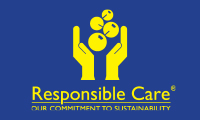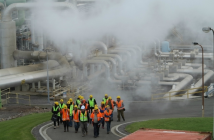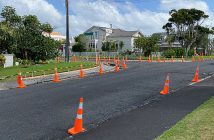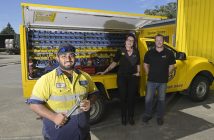The world’s largest crane service organisation has introduced new on-site training programmes designed to update technicians on standards compliance and extend their knowledge and expertise in areas such as operator skills, service, maintenance and complex crane electrics.
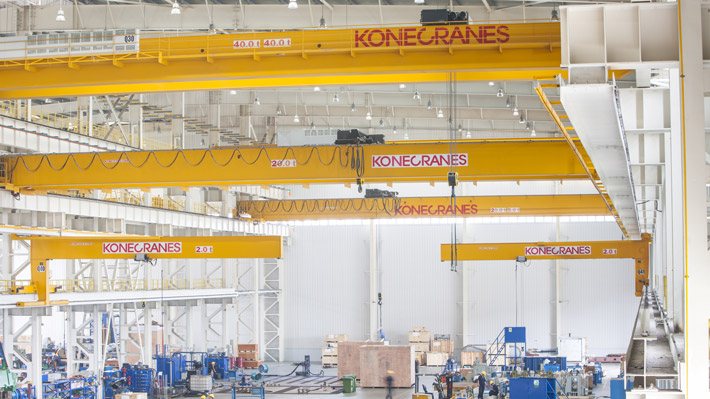
The Konecranes’ training programmes cover cranes of all makes and models, and are structured to give technicians the knowledge to service or operate any crane, with a strong emphasis on safety, reliability and optimum performance.
“For sites that have permanent Konecranes technicians on-site, these same staff can perform service one week and training the next, tailored to customer schedules,” says Konecranes National Technical Training Manager Martin Davies.
“Konecranes has steadily increased its technician training to a level where most on-site technicians are fully qualified to run training programmes on-site.
“In other situations, we’ll send out a qualified technician, or the training can be held at a Konecranes facility if required.”
The training programme is typically run over one week, split into a 3-day electrics training module and a 2-day mechanics and maintenance module.
Set standards
It focuses on crane design and safety to Australian Standards AS1418, AS2250 and AS2759.
“We’ve found that running the training over one week works really well because people can attend the specific modules they need, or both in a row.
“Crane electrics require a very specific knowledge set,” Davies explains.
“In fact, we’ve had fully qualified electricians who’ve needed this training, because crane electrics are so different to other work they’ve done in other industries.”
Region-wide
The training utilises actual crane equipment for hands-on training, such as the use and handling of wire rope hoists or electric chain hoists and is available throughout the Asia-Pacific region, including Australia, New Zealand, New Caledonia, Philippines and the majority of South East Asian countries.
“It’s rewarding to see that even in our first few training courses, the new knowledge was put to use immediately,” Davies adds.
“We recently completed a course with a major Australian mining company and immediately after training their technicians did a service check of their older cranes and found several previously unidentified problems.”
As technology rapidly advances, training is moving towards frequency inverter drives and advanced crane controls, Davies notes.
“Konecranes remains at the forefront of sophisticated crane technology and is already training its technicians in these areas.”
Konecranes serves a broad range of customers, including manufacturing and process industries, shipyards, ports and terminals, providing productivity-enhancing lifting solutions as well as services for lifting equipment and machine tools of all makes.

